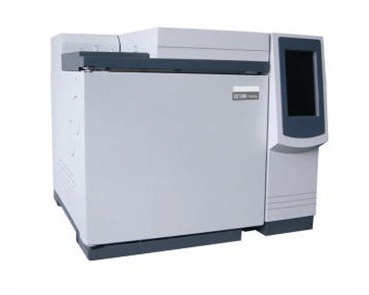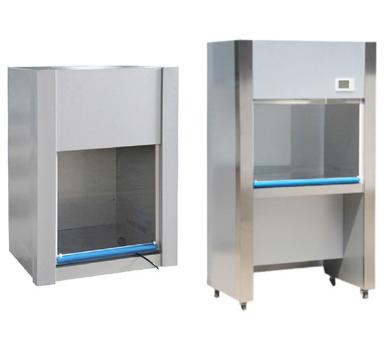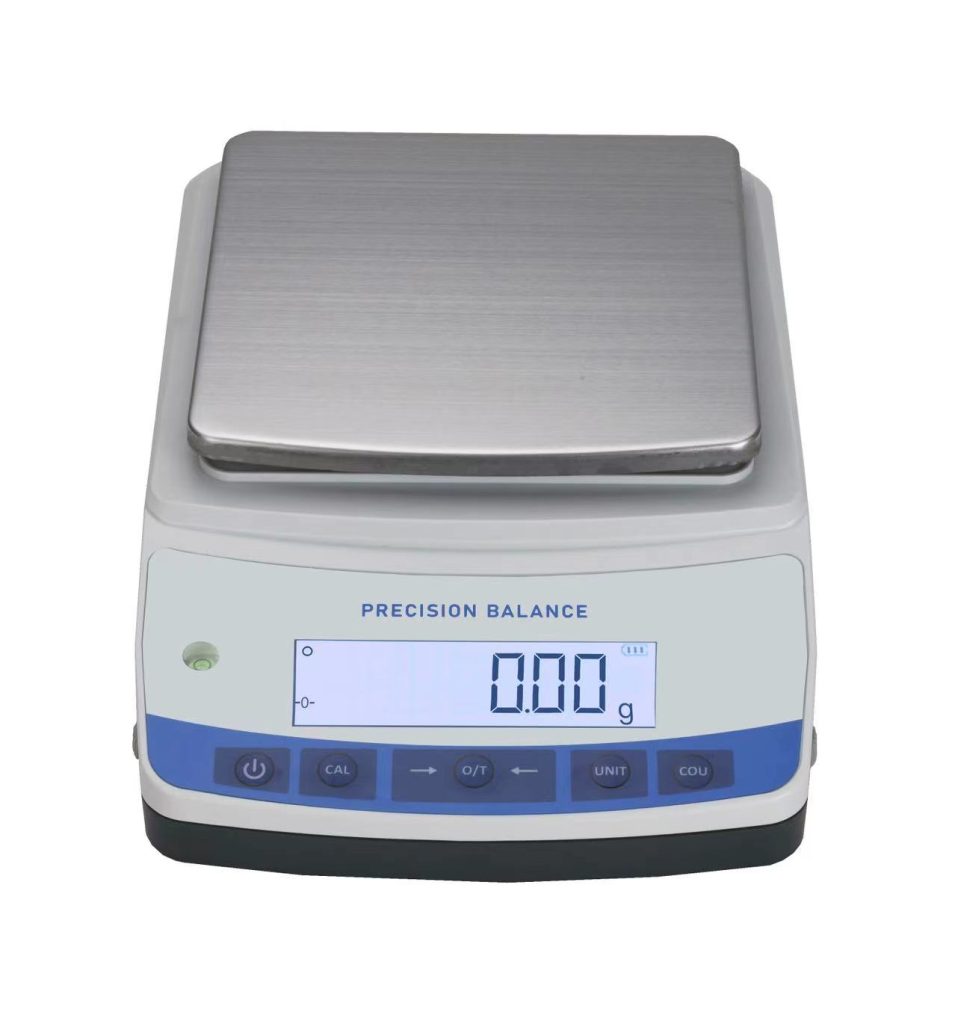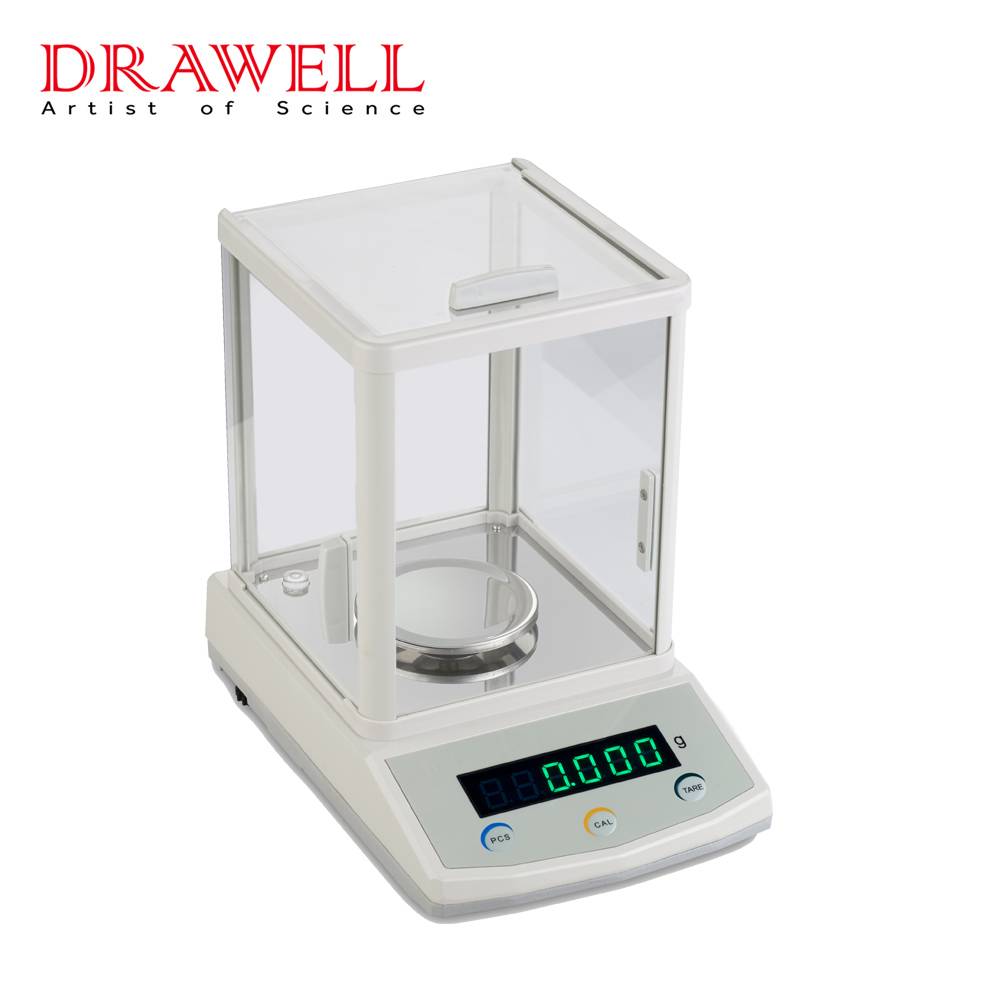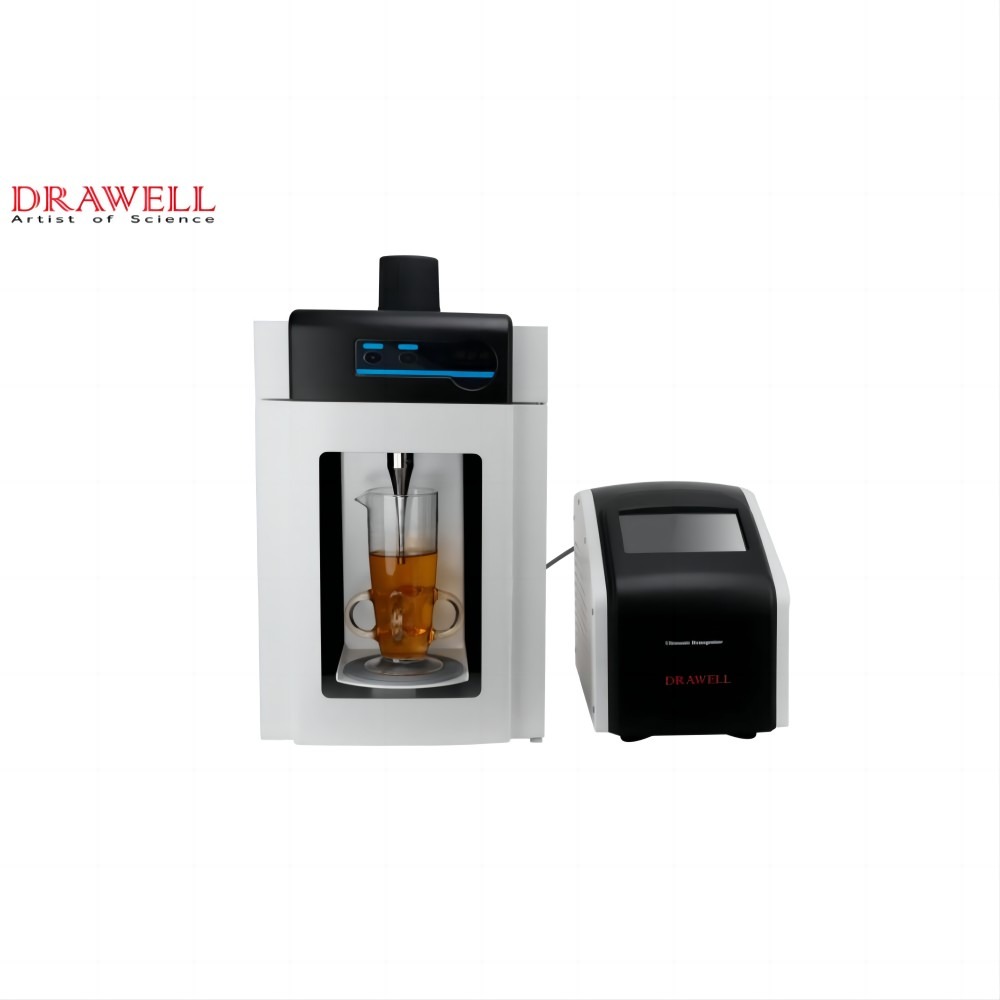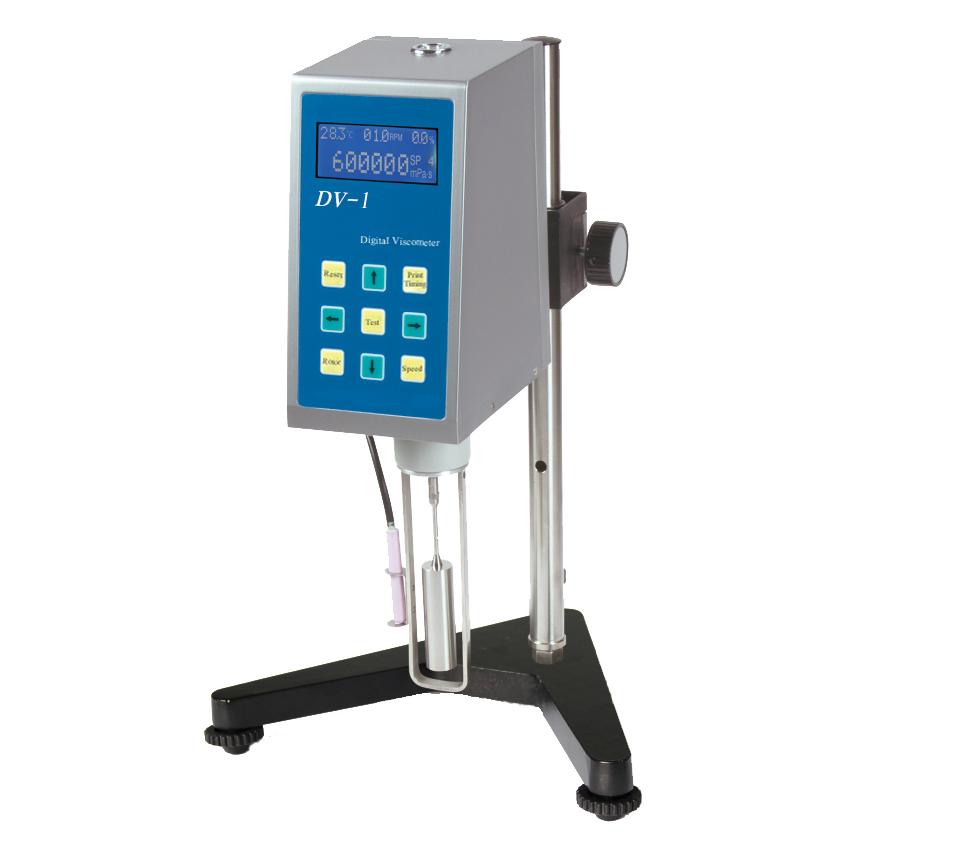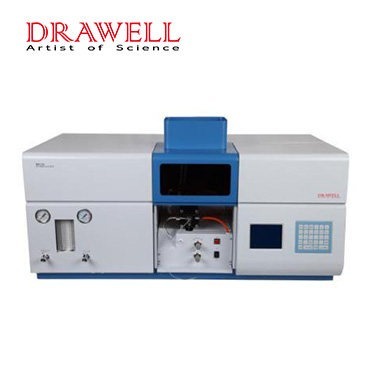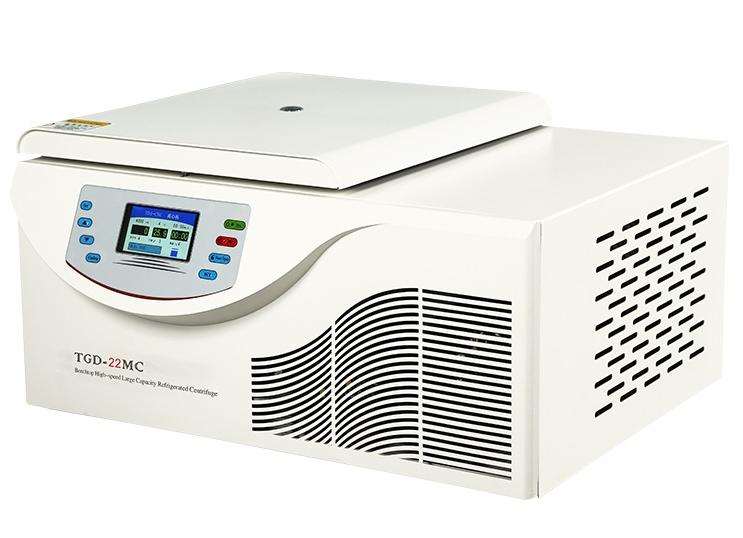News
What are the 10 Key Applications of Gas Chromatography?
Because of its extraordinary capacity to separate, identify, and measure chemical components within complicated mixtures, gas chromatography (GC) is a strong analytical technique widely employed in a variety of scientific domains and enterprises. This technology, which is based on the principles of gas-solid or gas-liquid chromatography, is an invaluable tool for both researchers and professionals. In…
The Pivotal Role of Biosafety Cabinet for Cell Culture: Enhancing Laboratory Safety
Cell culture is a critical component of biological research because it allows scientists to study and manipulate cells in a controlled environment. However, it is critical to ensure the safety of both researchers and the surrounding environment. Biosafety cabinets (BSCs) are critical in cell culture laboratories for maintaining aseptic conditions and limiting the spread of pollutants. In…
15 Frequently Asked Questions About Electronic Analytical Balances
In the process of using an analytical balance, we will encounter various technical problems. In this article, we address some of the frequently asked questions that you may have encountered or wondered about. 15 Detail Frequently Asked Questions 1. Must a dedicated balance room be established in the laboratory to place a 0.001 balance? Can…
What are Different Types of Polarimeters and How to Select the Suitable Type
Polarimetry is an important analytical technique that is widely used in many scientific and industrial fields to determine the optical rotation of polarized light. This method yields valuable information about a substance’s chemical composition, concentration, and structure. Polarimeters are classified into several types, each with its own set of features and applications. In this article, we…
Exploring the Key Functions of Laminar Flow Cabinets: Creating Sterile and Controlled Environments
Maintaining a sterile and controlled environment is critical in a variety of scientific, medical, and industrial settings. The laminar flow cabinet is an important tool in accomplishing this. Laminar flow cabinets play an important role in creating clean workspaces by controlling airflow to minimize contamination and ensure the safety of both the environment and the experiments…
The Significant Role of Analytical Balance in Chemistry: Guardian of Accurate Measurement
Precision is essential in the field of chemistry. The precision of measurements is critical to the success of experiments and analyses. The analytical balance, a critical instrument that has become indispensable in laboratories worldwide, is at the heart of this precision. In this article, we discuss the topic of analytical balance in chemistry, delving into the significance of analytical…
Unveiling the Power of Ultrasonic Homogenizer: From Principle to Application
Ultrasonic homogenizer, also known as sonicator, have become indispensable tools in a vast array of scientific and industrial applications. These ingenious devices utilize high-frequency sound waves to achieve rapid and efficient homogenization, disruption, and emulsification of diverse materials. But what exactly lies beneath the surface of this seemingly magical process? This article delves into the…
What Are the Differences among 4 Popular Viscosity Testers? A Comparison of NDJ 8s, NDJ5s, LVDV, RVDV
Viscosity, the measure of a fluid’s resistance to flow, plays a crucial role in various industries, including pharmaceuticals, food processing, and manufacturing. Accurate viscosity measurement is vital for quality control and process optimization. To achieve this, different types of viscosity testers are available, each designed to suit specific applications. In this article, we will delve into…
Flame Atomic Absorption Spectrophotometer(FAAS): Types of Flames and Different Applications
The Flame Atomic Absorption Spectrophotometer (FAAS) is a widely used analytical technique for determining the concentration of metal elements in a sample. It utilizes the principle of atomic absorption, where excited atoms in a flame absorb light at specific wavelengths, leading to a decrease in the intensity of the transmitted light. Here we will talk about the…
Refrigerated Centrifuge: Everything You Need to Know
A refrigerated centrifuge is a powerful tool used in various scientific research and industrial applications. It combines the function of a regular centrifuge with the benefit of temperature control, making it ideal for separating particles sensitive to heat or requiring specific processing temperatures. This article will delve into the different types of refrigerated centrifuges, their key features, and basic…


